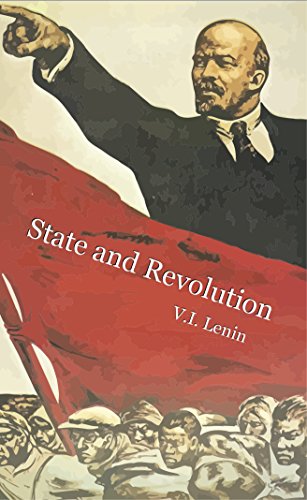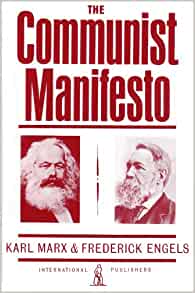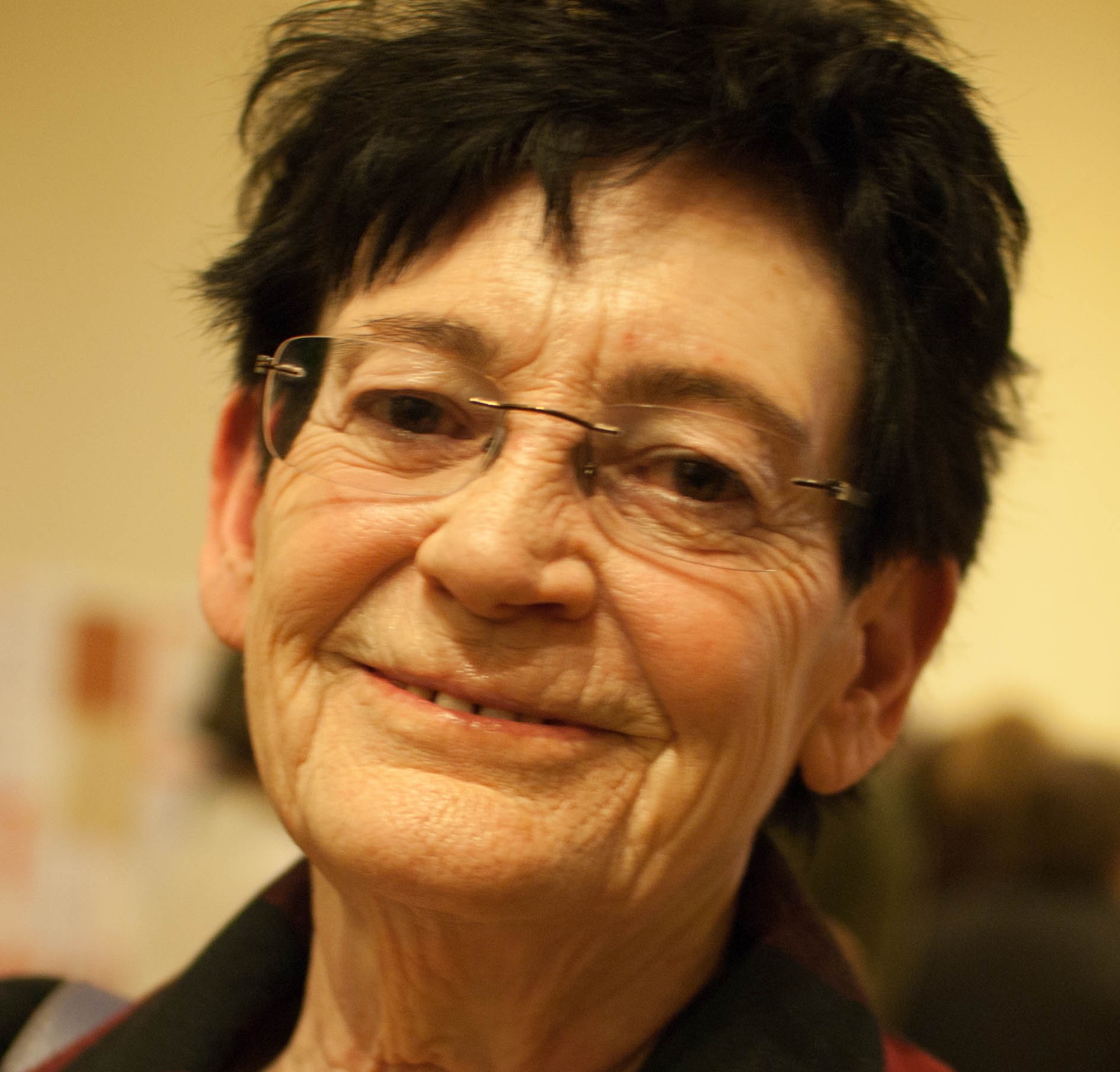Indigenous Socialism
This reading list provides context for The Red Nation’s Indigenous Socialism. Socialism is the process of being able to live as Indigenous again in full collective determination of our present and future. Communism fulfills all that begets life on
Mother Earth through the overturning of all forms of private property. Pieces that are bolded are those we recommend you start out with.
Collapse All
Articles

This position paper of the Third General Assembly formally adopts revolutionary socialism and liberation as the primary political ideology of The Red Nation. While incomplete, the purpose of this proposal is to articulate the basic principles of revolutionary socialism and Marxism and its connection to Indigenous socialism and communism. By adopting this proposal, we commit ourselves to the study and practice of revolutionary socialism (also known as scientific socialism) by aligning ourselves with the long traditions of resistance that predate Marxism itself.
“Revolutionary Socialism is the Primary Ideology of The Red Nation”
What the ruling classes call chaos is the inevitable cycle of a world able to survive only on violence against the people of the earth and the earth itself. In this statement, The Red Nation (TRN) declares that we stand with and move with the people as we move together with the earth. Where have the masses gone these past months? We are living with a pandemic. Our relatives have died, their proximity to premature death made ever more visible. It is no coincidence that within the United States the workers, the dispossessed, and the Black, Brown and Indigenous masses, have suffered the greatest losses. Our relatives, from these same communities, are on the streets carrying the torch as the revolutionary moment flares. We have seen the domestic imperial forces burn. It is a time of extreme clarification. We are changed. This statement reflects this change.
“Communism is the Horizon, Queer Indigenous Feminism is the Way”
I Am Woman represents Maracle’s personal struggle with womanhood, culture, traditional spiritual beliefs and political sovereignty, written during a time when that struggle was not over. Her original intention was to empower Native women to take to heart their own personal struggle for Native feminist being. The changes made in this second edition of the text do not alter her original intention. It remains her attempt to present a Native woman’s sociological perspective on the impacts of colonialism on us, as women, and on herself personally.
This section strictly focuses on political sovereignty and native Marxism.
In this article by Coulthard, they discuss the continual struggle Native people face when protecting their land and livelihoods. This article describes different ways Native communities have advocated for land sovereignty and their motive is focused on the protection of future generations. “For Indigenous nations to live, capitalism must die. And for capitalism to die, we must actively participate in the construction of Indigenous alternatives to it.”
“For our Nations to Live, Capitalism Must Die” by Glen Coulthard
The State and Revolution (1917) is a book by Vladimir Lenin describing the role of the State in society, the necessity of proletarian revolution, and the theoretic inadequacies of social democracy in achieving revolution to establish the dictatorship of the proletariat.
In this section of The State and Revolution, Lenin breaks down who and what the state is and its impacts on the people. The main points of this section include; the birth of the state through the irreconcilability of class antagonisms, the role of both military and prison industrial complexes in the continuation of the state’s control over the proletariat, the state is an instrument for the exploitation of the oppressed class, and the process of the “withering away” of the state along with the expectation of violent revolution.
The State and Revolution: Class Society and the State by Lenin
The State and Revolution (1917) is a book by Vladimir Lenin describing the role of the State in society, the necessity of proletarian revolution, and the theoretic inadequacies of social democracy in achieving revolution to establish the dictatorship of the proletariat.
In this section of The State and Revolution, Lenin discusses the process of transitioning from late-stage capitalism to socialism, and then through dialectics reaching the goal of communism.
Books

While Red Skin, White Masks focuses on indigenous experiences in Canada, it is immediately applicable to understanding the false promise of recognition, liberal pluralism, and reconciliation at the heart of colonial relationships between indigenous peoples and nation-states elsewhere. Glen Sean Coulthard is able to bring a remarkably distinctive and provocative look at issues of power and opposition relevant to anyone concerned with what constitutes and perpetuates imperialist state formations and what indigenous alternatives offer in regards to freedom.
The Communist Manifesto reflects an attempt to explain the goals of Communism, as well as the theory underlying this movement. It argues that class struggles, or the exploitation of one class by another, are the motivating force behind all historical developments.
Videos & Podcasts

In this interview, Dunbar-Ortiz recounts her life on the left and her history of activism, as well as her views of the role of capitalism in the oppression of Native Americans and the relationship between capitalism and settler colonialism in the United States. This interview not only introduces Dunbar-Ortiz as an activist and author, but looks to start a conversation that is critical on the left: What is the relationship between Native Americans and capitalism? What role do Native Americans have in a revolutionary movement? She spoke to Ragina Johnson and Brian Ward.
In this episode on The Red Nation’s Podcast, Nick Estes speaks with Nickita Longman, Emily Riddle, and Lindsay Nixon about the meaning of Land Back, and how this is the pathway for Indigenous Socialism.
